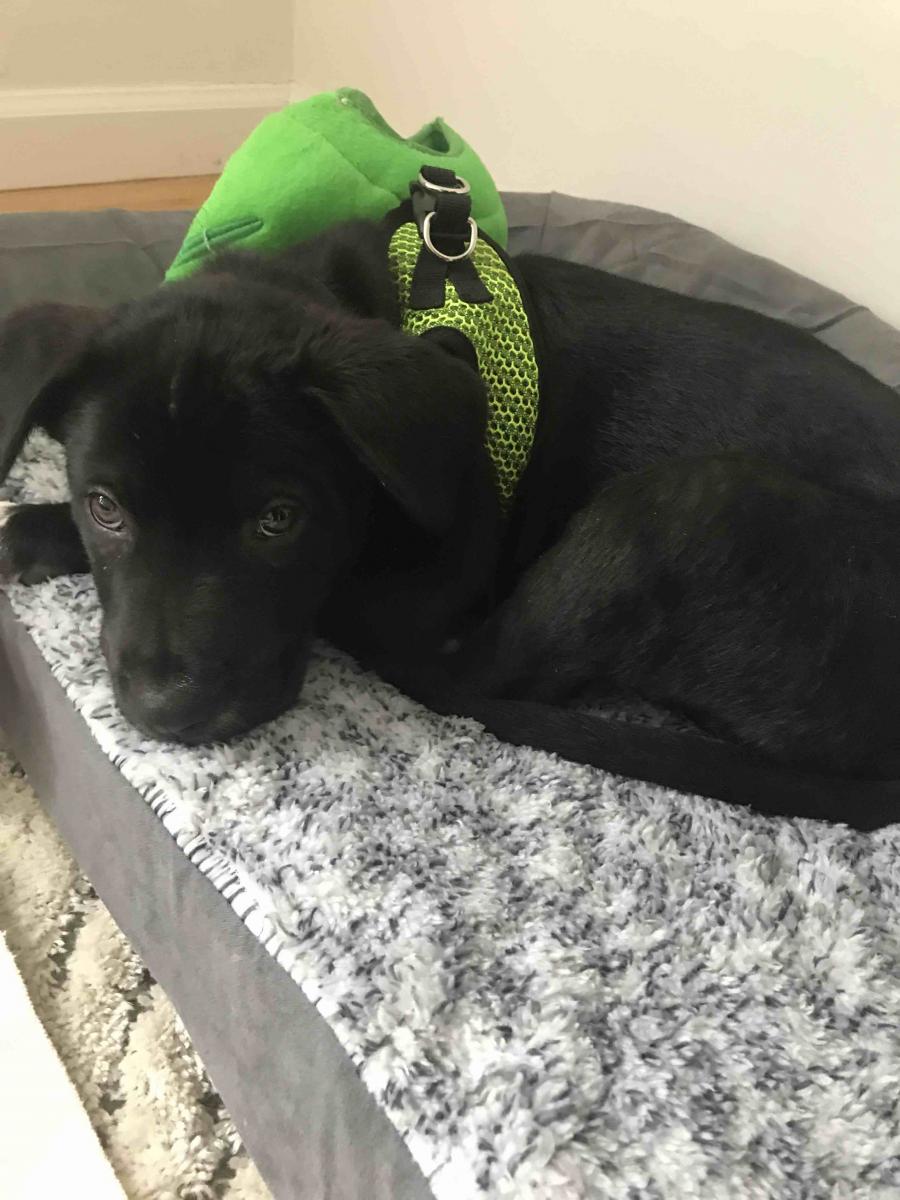Puppy Training For Beginners
There are many schools of thought about how to train a new puppy. Most trainers agree that owners should begin training their dog as soon as they become comfortable in their new home. Trainers also agree that unacceptable behavior arises from problems socializing with their owners and other dogs. This doesn’t mean you and your dog aren’t getting along, poor socialization is often dog-speak for boundaries not being set well in a home.
All trainers agree to reward good behavior. Giving your dog a treat or a click of happiness is undisputedly awesome for young dogs. It’s important to be consistent about what good behavior is. A puppy will be confused if one day he’s given a treat for pawing at a pant leg if it’s considered cute one day but reprimanded for that same adorable pawing later.
It’s also generally agreed that when a young dog is engaged in bad behavior, it’s most beneficial for owners to gently steer them towards good behavior. For example, if a young dog continually jumps up when meeting new people, an owner should distract their dog’s focus towards the ground. Once the dog has all four paws on the ground, verbal praise from the owner should begin. But here’s where opinions differ: should the owner give the dog a treat or not? Trainers are beginning to think that dogs who are rewarded once they’ve corrected their behavior tend to act up in order to get a treat after they’ve been corrected by their owners. Most Swifto walkers agree with this theory, and avoid giving treats to young dogs after they’ve corrected undesirable behaviors.
Another groundbreaking idea is the fact that certain negative behaviors, such as barking, should be ignored to correct this behavior. This process has been dubbed “extinction” and it can be explained as a philosophy of non-punishment and non-enforcement. If a young dog goes on a barking jag, new owners may want to try ignoring their dog until the behavior stops, then engaging in a positive activity and rewarding that behavior. This will communicate that negative behaviors won’t get your dog any attention, while positive behaviors will be rewarded and encouraged. Owners may experience a rise in the unwanted behavior for a short period of time before their dog is completely broken of the habit. This is merely a dog testing out that the negative behavior really and truly doesn’t yeild attention and engagement from their owner.
Whether you chose a policy of rewarding your dog when they’re good, or a policy of denying your dog attention when they act up, Swifto espouses that consistency is key. After a few days getting to know your dog trust yourself that you can tell what motivates them. If treats really break through to your dog, be consistent with rewarding good behavior. If your dog doesn’t place much value in treats but would move mountains just for some eye contact and a “good boy,” you’ll probably find that ignoring them when they’re behaving badly will work best. Swifto knows that, with time and determination, even bad dogs can become perfect gentle-dogs and ladies.


